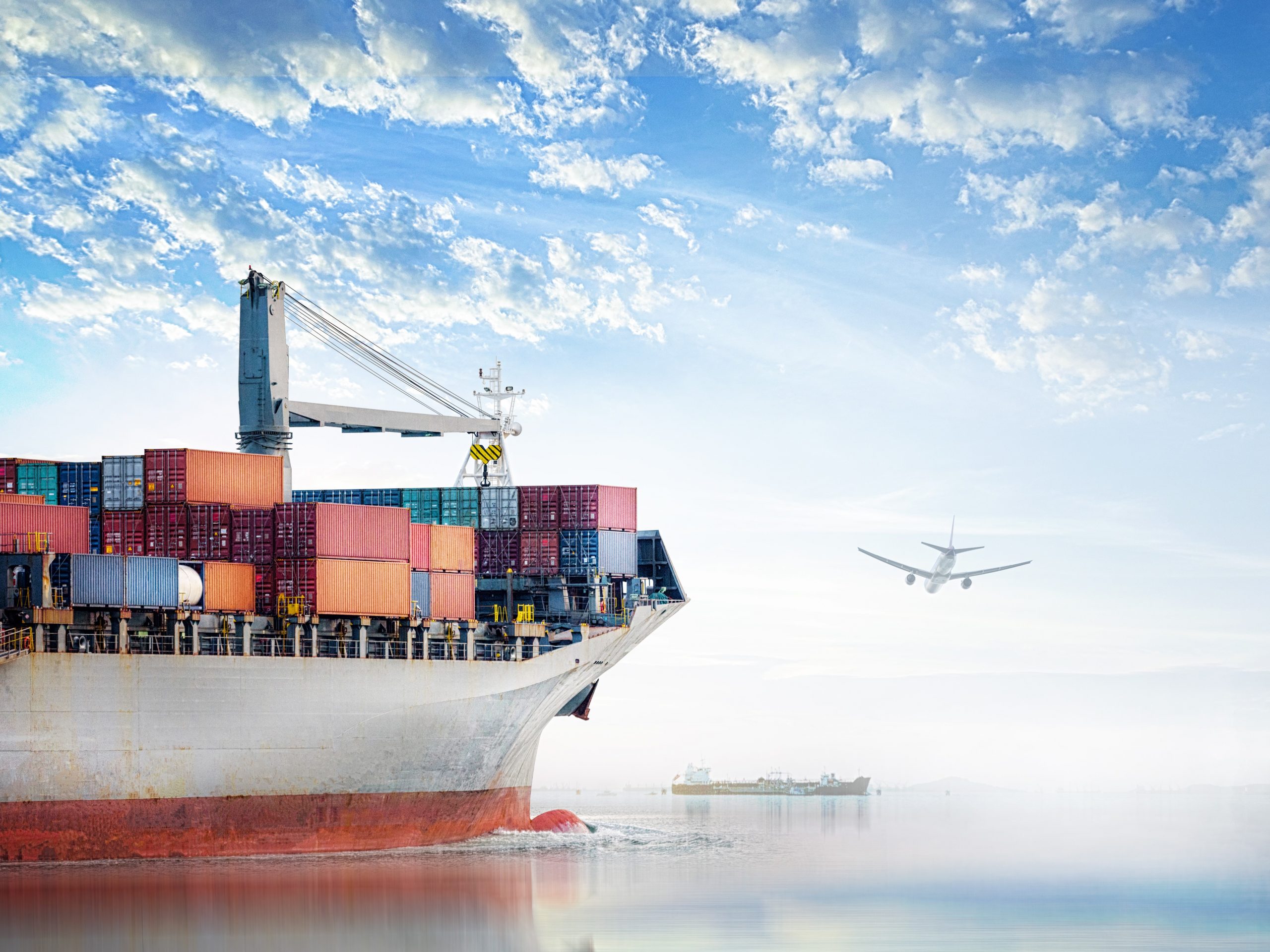In a pilot project involving Hort Innovation, AUSVEG and the Queensland Department of Agriculture and Fisheries (QDAF), controlled-atmosphere (CA) technology was used in trial containers of vegetables sea freighted from Australia to New Zealand and parts of Asia.
Trials were run with an array of fresh horticultural produce including broccoli, sweet corn, green beans and iceberg lettuce, using Modified Atmosphere Packaging (MAP) liners and maintaining CA conditions inside the shipping containers.
The project aim was to extend the time for which fresh vegetables can be stored under sea-freight conditions.
The project was supported with vegetable industry levy funds, Hort Innovation CEO Matt Brand told Austrade in an article published on 4 October 2021.
“The research will give vegetable growers more knowledge about the viability of a sea freight transport option for fresh produce,” Brand said. “This information is critical during this challenging trading environment.”
CA tech makes prolonged cool storage possible
Findings of the pilot were promising, Queensland Department of Agriculture and Fisheries principal horticulturist Jodie Campbell told Austrade.
“Shipping broccoli to Japan and Taiwan, we found the ideal container temperature was close to 0 degrees Celsius while increasing temperatures to 4 degrees C reduced shelf life by up to seven days,” she said. “With sweet corn, the results revealed that shipping under a Controlled Atmosphere treatment doubled shelf life on arrival in market to up to 10 days. There was significant variation in storage limits of different varieties of green beans, sweet corn and lettuce, so cultivar selection to suit the longer sea-freight supply chain will also be important.
“These results show packaging and controlled atmosphere treatments can reduce the risks associated with shipping, providing exporters with the knowledge and confidence to pursue sea freight,” Campbell said.
Sea freight: an option for future fresh-food exports?
Global trade disruptions during the COVID-19 pandemic have forced many exporting agribusinesses reliant on airfreight to pivot.
In 2020, Austrade launched its $72 million Agri-Business Expansion Initiative (ABEI) and International Freight Assistance Mechanism (IFAM) to keep Australian ag-exports growing and global airfreight flowing; however airfreight capacity and connectivity is ‘nowhere near the levels it was pre-COVID’, Austrade notes.
AUSVEG CEO Michael Coote said exploring the viability of sea freight was critical for the sector, noting that the volume of highly perishable vegetables exported by air freight had declined substantially in 2020.
“This research project is important. It provides vegetable exporters with additional insights into which export markets are technically viable by sea freight and will help underpin short and longer-term export growth for the industry,” he said.
Source: Vegetables are good for the Australian economy I Austrade
Lead image: “The research will give vegetable growers more knowledge about the viability of a sea freight transport option for fresh produce,” said Hort Innovation CEO Matt Brand. Credit: Shutterstock


